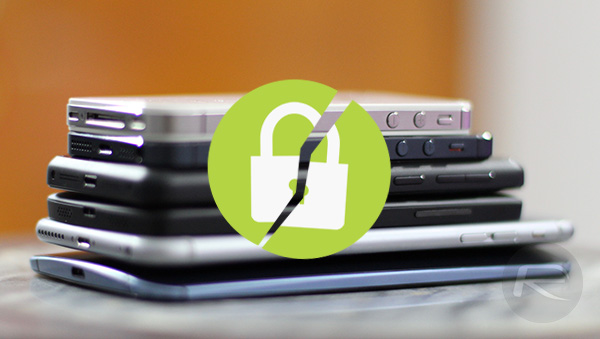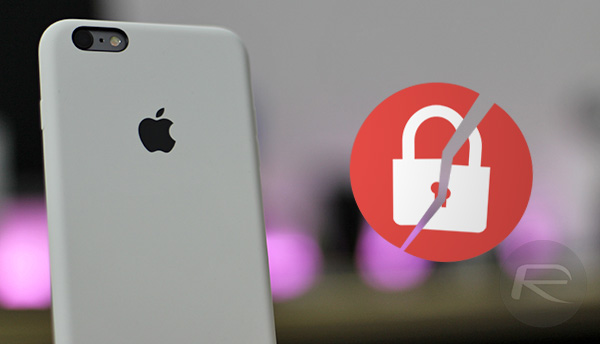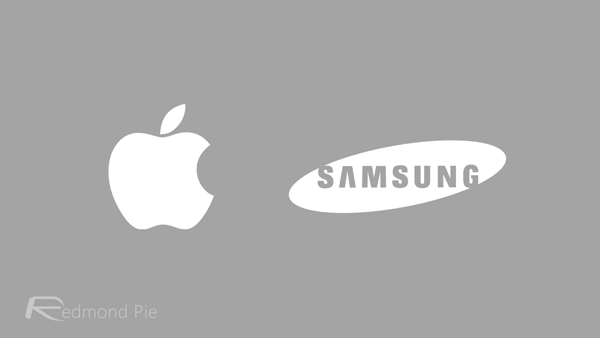Apple’s decision to contest a legal order that tries to force it to provide a backdoor into the iPhone for the FBI has dramatically divided public and professional opinion over the last few weeks. A federal order has requested Apple to work in conjunction with the FBI in order to build what Tim Cook has referred to as “the software equivalent of cancer” in San Bernardino shooting case. Apple has made a formal appeal against that order, which will be heard on March 22nd. While most tech companies, both in and out of Silicon Valley, are in full support of Apple on the issue, and have now also filed amicus brief in support of Apple, one rival company Samsung has decided to take a neutral stance, of sorts, on it.
This development comes in following in on an earlier report in which it was said that Google, Facebook, Microsoft, Twitter and a host of other companies would be filling an official motion of support in court for the Cupertino-based giant. It looks like that time has arrived now with the number of supporters inflating to over 40 and counting.

Amongst those who have filed amicus briefs are extremely well-known and well-placed companies like AT&T, Amazon, Airbnb, Automattic, CloudFlare, eBay, Dropbox, Facebook, Google, GitHub, Kickstarter, LinkedIn, Microsoft, Mozilla, Medium, Reddit, Snapchat, Square, Twitter, Yahoo and many more. The companies involved, who all have a vested interest in the outcome in one form or another, are said to contain a number of company executives who are extremely concerned about the potential precedent that the order could set going forward if Apple is forced to comply.

In a blogpost, Google detailed its reasoning for supporting Apple:
Today, Google joined a variety of technology companies to file an amicus brief in US federal court. Together, we are voicing concern about the use of a broad statute from the 18th century, the All Writs Act, to require companies to re-engineer important security features that protect people and their data.
Apple’s rival Samsung though is notably absent from the list of companies looking to support Apple in court, and while executives insist that the firm cares deeply about encryption, it currently remains undecided on its position.

While Samsung has stated that it does support Apple’s position when it comes to encryption, it won’t take that extra step of filing an amicus brief in court to that end. Samsung’s weight behind the order would have definitely helped Apple’s case, but due to the various legal fights between the two companies, we can see why Samsung is resisting in supporting Apple in court in this particular case.
Protecting our customers’ privacy is extremely important, but we have not decided whether to file an amicus brief in the current case
Ensuring trust in our products and services is our top priority. Our phones are embedded with encryption that protects privacy and content, and they do not have backdoors. When required to do so, and within the law, we work with law enforcement agencies. However, any requirement to create a backdoor could undermine consumers’ trust.
Meanwhile a number of other organizations, such as the American Civil Liberties Union, Access Now, a United Nations free speech committee, and some 32 law professors at the time of writing have also all come out in support of what Tim Cook is trying to achieve.
The court case itself may ultimately only be between Apple and the FBI, but the official amicus briefs in court allow those not directly involved in the matter to express an opinion and give support to a party, as well as bringing additional information to the table and provide deeper context of the problem.
Maybe Samsung will have a change of heart at some point.
(Source: Apple, Google, Bloomberg)
You may also like to check out:
- iPhone Vs Android Security Compared In Light Of Apple-FBI Case
- NY Judge Rules In Favor Of Apple In A Separate iPhone Unlocking Case
You can follow us on Twitter, add us to your circle on Google+ or like our Facebook page to keep yourself updated on all the latest from Microsoft, Google, Apple and the Web.

